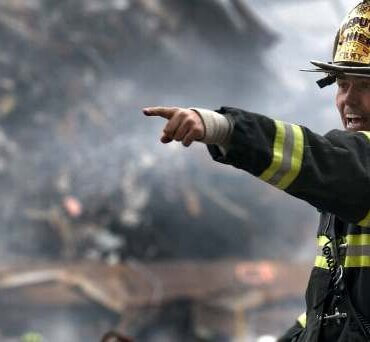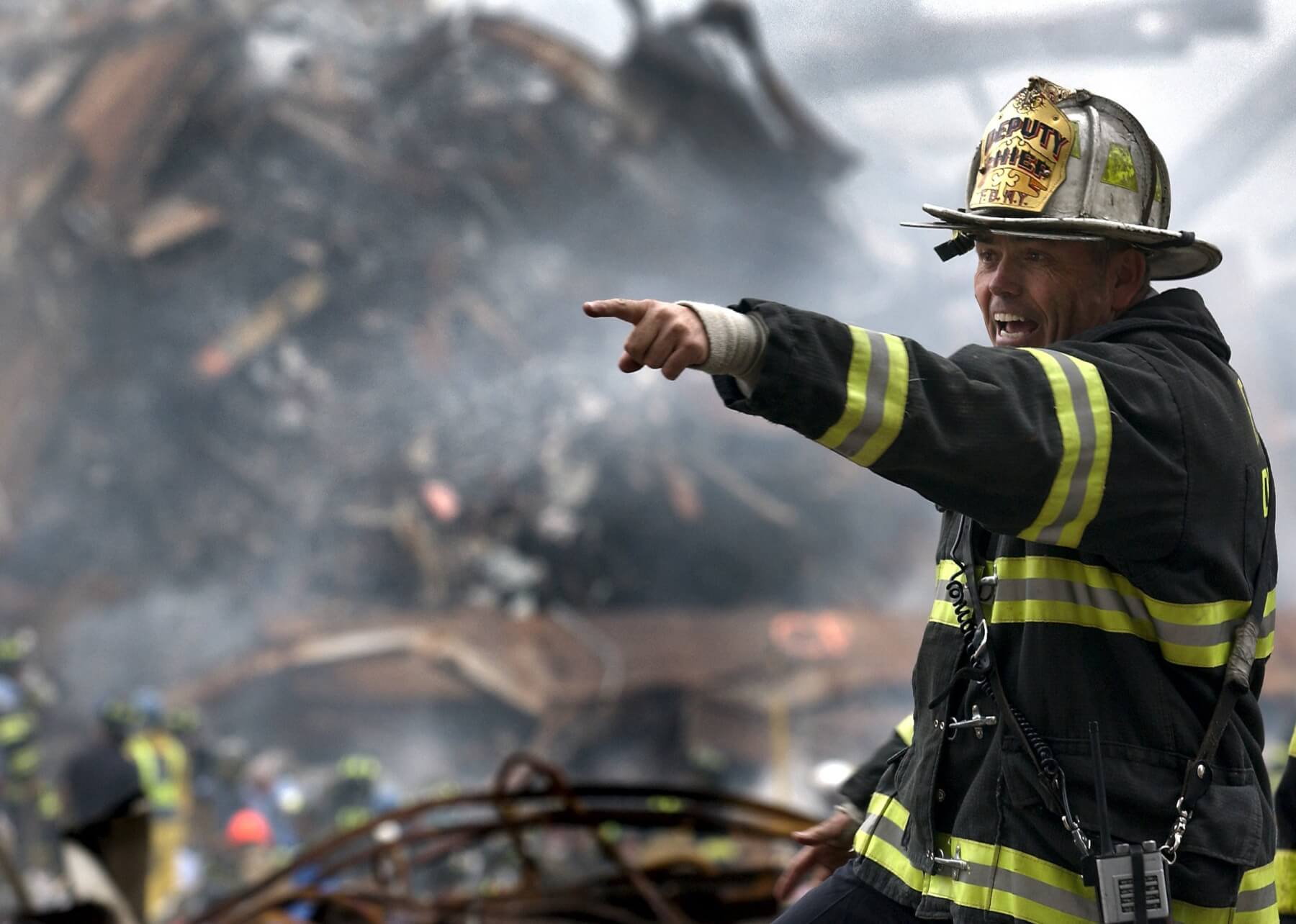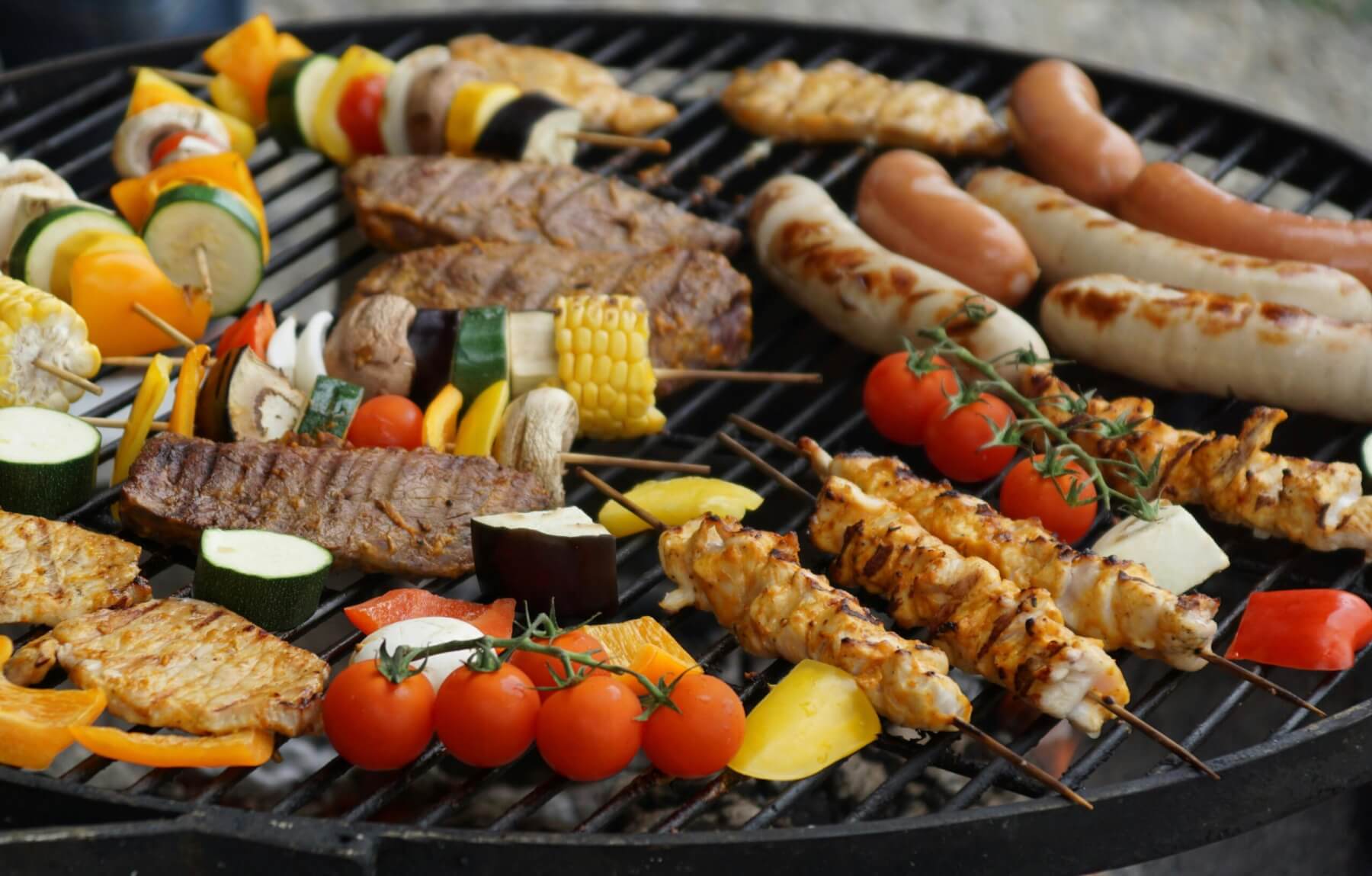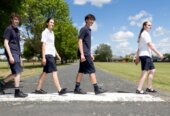
First responder
While we call phenomena like devastating eruptions, earthquakes, and storms “natural disasters”, they are actually a social event. If any one of these events strikes a remote area where there is nothing to impact, it is not a disaster. The United Nations definition of a disaster begins with “A serious disruption of the functioning of a community or a society at any scale”. The impact to us defines the disaster. We also define how we get through it.
Watching many disasters unfolding in global news I have seen again and again stories of communities pulling together, individuals going to great lengths to support and help each other, and people saying that it is just what they do there. Having seen this so many times, it is clear that this is what people in general do. Yes, our news and social media is often filled with the worst of humanity, but that is not the majority. While stories of looting are splashed across headlines during disasters, most of us pull together to help.
If something like a major earthquake hit us here it might take a while for help to arrive. We expect that emergency services will be here when we need them, but when a large-scale event occurs these systems can be quickly overwhelmed, and communications might be cut. It is up to us to do our best to prepare, then pull together in the moment to help each other.
Your first responders will likely be those around you, and you could be the hero in your neighbour’s life. How we cope during a disaster can be largely influenced by how much we prepare beforehand, I have gone over this before. It also depends on the strength of our community and how well we take care of each other when it matters. Do you know your neighbours? Do you know who around you might need more help with disabilities or health struggles? Who is on their own? Who would you want to check on quickly? Do you have a preparedness kit set up? You might end up using it to help others as well as yourself. There are even ideas online for how to host a disaster preparedness party, but it could be a simple conversation over the back fence or inviting neighbours over for a summer BBQ.
It sometimes seems that modern news teaches us to look for the worst in each other, but knowing that your community would pull together in the most wonderful ways when it counts might be a much healthier way to live. People can be magnificent, finding strength during a crisis and giving their all to be of service to those around them.
Economics Professor Christian Parenti at the City University of New York has said “suddenly the idea that everything should have a price on it, and the idea that selfishness and competition are good, all that just gets parked. Suddenly, everyone is celebrating cooperation, solidarity, bravery, sacrifice, and generosity.”
The power we all have to make a positive difference to those around us is immense. Perhaps we could remember to see this potential in each other before we find out the hard way.











